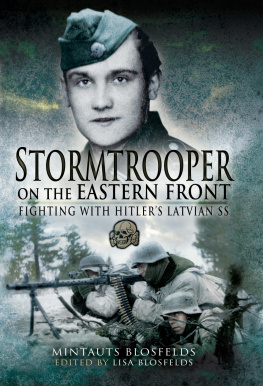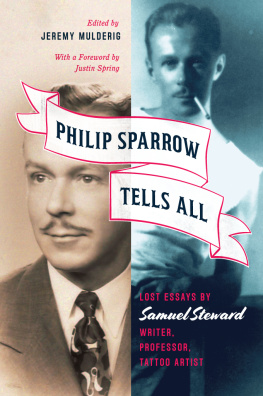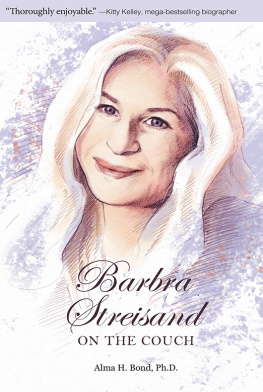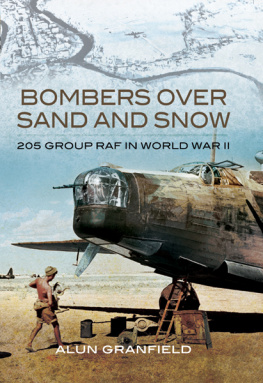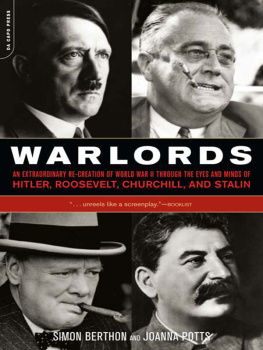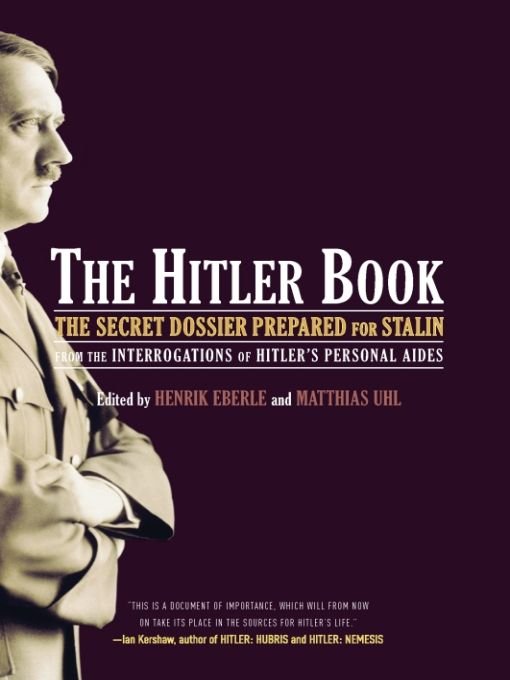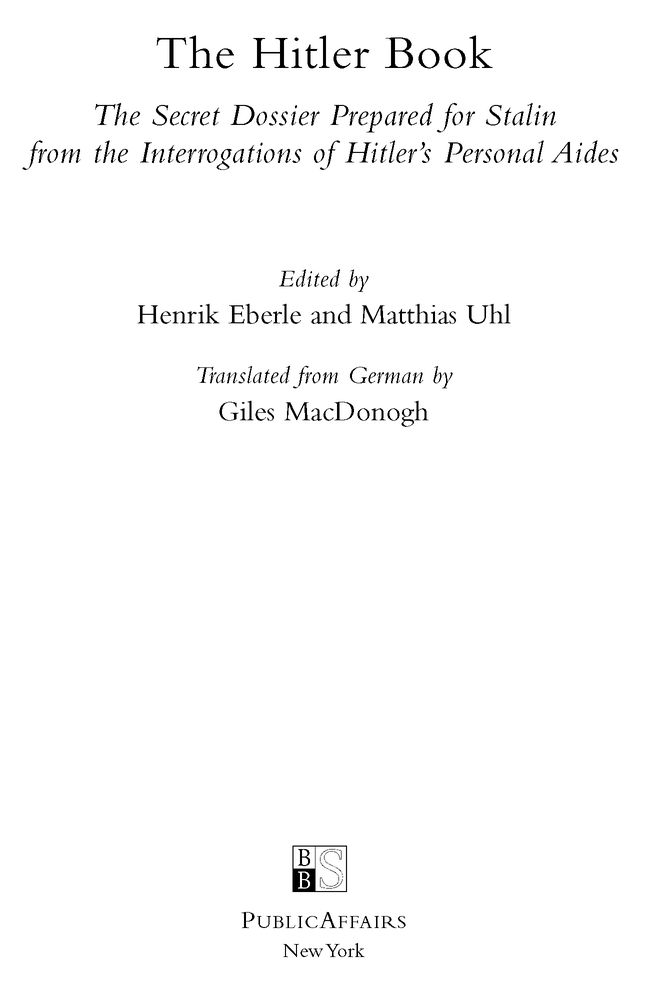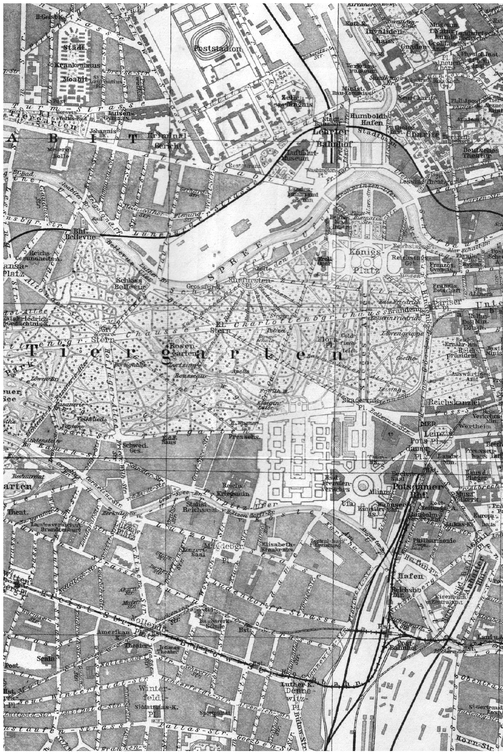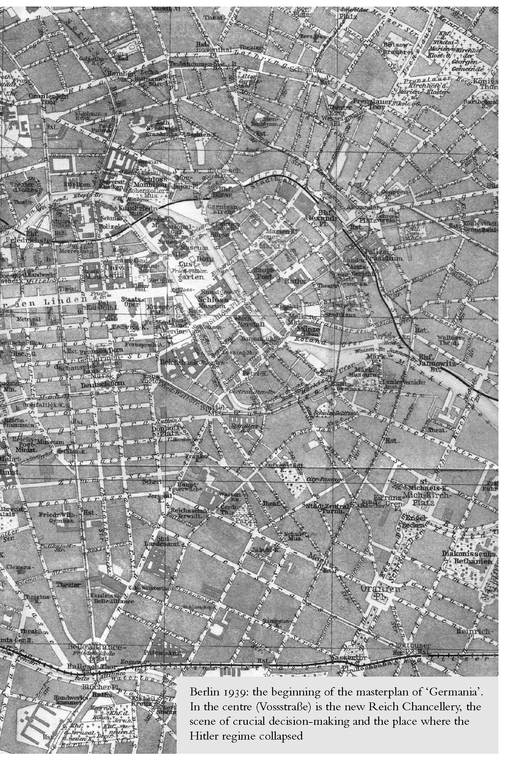Table of Contents
Foreword
Richard Overy
Despite everything that is now known about Adolf Hitler and Josef Stalin, there remains an intriguing gap in their history. Very little is known about what each thought about the other. Were they driven by profound hatred and mistrust? By a secret admiration, an unspoken regard for the historical giant whose public power each was committed to vilifying? What would have happened if Hitler had captured Stalin in Moscow in October 1941 as German troops pushed into the outer suburbs of the city? Or if Stalin had succeeded in taking Hitler alive inside his bunker in the last days of the war?
There are surprisingly few clues to answer these questions, though there is little evidence of open hatred between them. Stalin admired the Germans generally, not only because of the technical and administrative competence they displayed (which was borrowed widely by the Soviet Union in the 1920s in the form of advanced technology and engineering and planning advice), but because Germany gave the world such men as Marx and Engels. The historian should treat such remarks with caution, for the ideological gulf that separated the racist imperialism of Hitlers Reich from the revolutionary aspirations of Stalins Soviet Union was enormous. Nonetheless, it is difficult to imagine that the two dictators did not look closely at each other, gauging their different weaknesses and strengths, wondering what sustained the evident popularity and esteem publicly enjoyed by each man in his own system, or reflecting perhaps on what they might have in common.
It is against this background that this present volume should be judged. The Hitler Book is an extraordinary document, which owes its origin to the idea that after the defeat of Hitler in 1945 Stalin might want to know something in real detail about his fellow dictator. The immediate origins lie with the Soviet secret police. In 1945 and 1946 they were under direct instructions from Stalin to try to learn as precisely and truthfully as possible the circumstances of Hitlers death in the bunker on 30 April 1945, and to confirm that he was, indeed, dead. The report produced under the codename Operation Myth was based on extensive, often gruelling interrogation of the few eyewitnesses in Soviet hands, including Hitlers personal assistant and valet, Heinz Linge, and one of his military adjutants, Otto Gnsche. Hitlers death was confirmed by a report finally produced in 1946 (the Soviet authorities indeed possessed the jawbones and dental work of both Hitler and Eva Braun, the mistress he married shortly before they killed themselves), but several years later the Information Committee of the Soviet security ministry decided to use this material as the starting point for a study of the Third Reich which could be presented to Stalin himself. A short account of the Battle of the Bulge was produced in April 1948 and given to Stalin and the members of the Politburo (the inner political cabinet of the Soviet Communist Party). Stalin placed the account in his personal files and the committee decided to go ahead and authorise a complete survey of Hitler and the Third Reich based on further testimony wrung out of the unfortunate Linge and Gnsche. The final document, 413 typewritten pages, under the innocuous title of Dossier or File (the Russian word dyelo), was sent to Stalin on 29 December 1949, just after his extensive seventieth-birthday celebrations. It was also filed away and eventually, after Stalins death, a copy was deposited in a General Department archive, where it was discovered only two years ago by Matthias Uhl, who is the joint editor of this published edition.
The book itself was written by two security service officers, Fyodor Parparov and Igor Saleyev. It was not the first account of Hitler from first hand, but certainly the fullest. In 1945 British interrogators asked Albert Speer, Hitlers favourite architect and later Armaments Minister, to draft some long reports on Hitlers personality, on his entourage and on the course of German foreign and military policy. Speer obliged, but the resulting lengthy accounts were also filed in the archive and have resurfaced only in the past few years. The hard core of the Hitler dossier produced for Stalin lies in the years after 1935.
We can only speculate about what Stalin thought when he read the dossier prepared by his security ministry. Matthias Uhl found no jottings or marginalia in the version he uncovered, which for Stalin was unusual. The dictator covered his own books and papers with comments, exclamation marks and underlinings. It is possible that in this case he felt inhibited from writing given that at some point his colleagues might read his comments on his chief adversary. Or it may be that he only looked at it, knowing that this was not something that would ever see the light of day in his lifetime.
The dossier is significant not so much for the speculation that Stalin might have read it, but for what it might have told him about Hitlers personality and political behaviour. There were some obvious similarities between the two men, at least some of which Stalin must have already recognised long before the report. Both were populist politicians whose fortunes were transformed by a profound social and political crisis that helped them gravitate from the political margins to the political centre. Both were outsiders in another sense, Stalin from Georgia, annexed to the vast Russian Empire in 1806, Hitler from Austria, which was joined to its larger German neighbour only briefly, between 1938 and 1945. Both men were revolutionary in outlook, impatient to change the old order, critical of conventional bourgeois Europe, ambitious enough to want to reshape world history. Though propelled a good deal by individual good fortune and propitious historical circumstances, Stalin and Hitler achieved dictatorship because they each enjoyed an extravagant appetite for power and had the ruthlessness, political cunning and uncritical belief in their calling to be able to transform that ambition into reality. The techniques they each used to sustain the dictatorship, from the unscrupulous use of the security apparatus through to the overblown cults of personality, bore the same stamp. They both enjoyed, despite the terrible destruction that each unleashed, widespread and unrestrained public adulation. Soldiers really were heard to mutter Stalins name as they dashed into battle; no other man in German history could ever have got his fellow countrymen to lift their arm and speak his name every time they greeted each other. Indeed so remarkable are these apparently trivial achievements that it compels the conclusion that in their different ways Stalin and Hitler exerted forms of direct personal authority unlike anything the modern age had yet seen.
The dossier presented Stalin with a picture consistent with the popular caricature of Hitler current throughout Europe in the 1930s. Some sense of the extraordinary character of the German dictator emerges, but the emphasis is on attempting to show Hitler as an abnormal individual. Allegations about his odd sexuality, or his habit of throwing unpredictable rages, or the assertion that he chewed the carpet in fits of hysterical anguish, was the stuff of contemporary gossip and hearsay, but is reproduced here to underline Hitlers uncertain mental state. The authors of the Hitler profile wanted to damn fascist leaders as licentious as well. At one point Hitler is described sniggering over photographs of naked Parisian dance-girls (a possibility quite out of step with everything else that is known about Hitlers prudishness and self-restraint); at another point the Italian dictator, Benito Mussolini, is said to spend his time at Sal, capital of the rump fascist republic set up with German support in 1943, indulging in orgies with a bevy of beautiful young Italian women.


